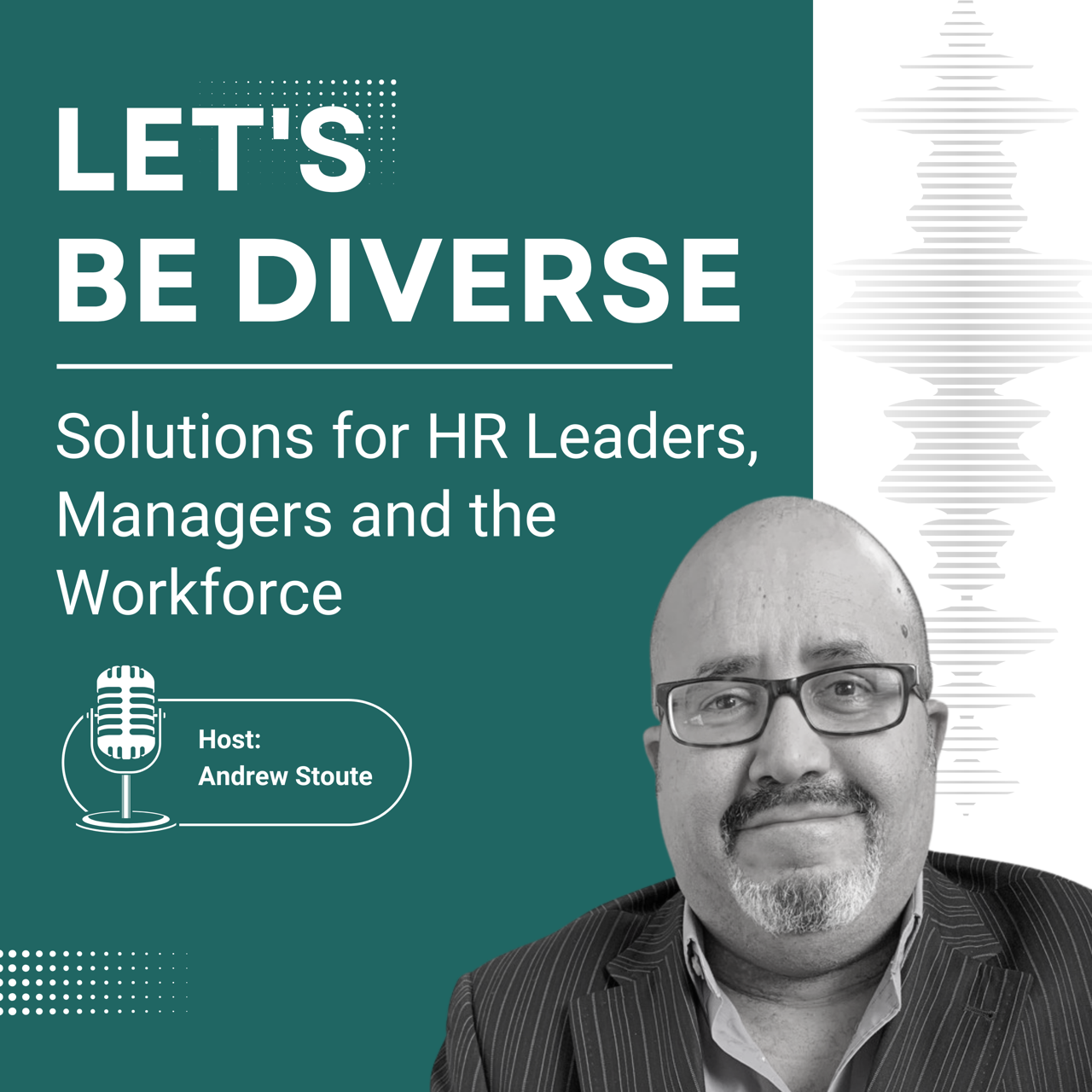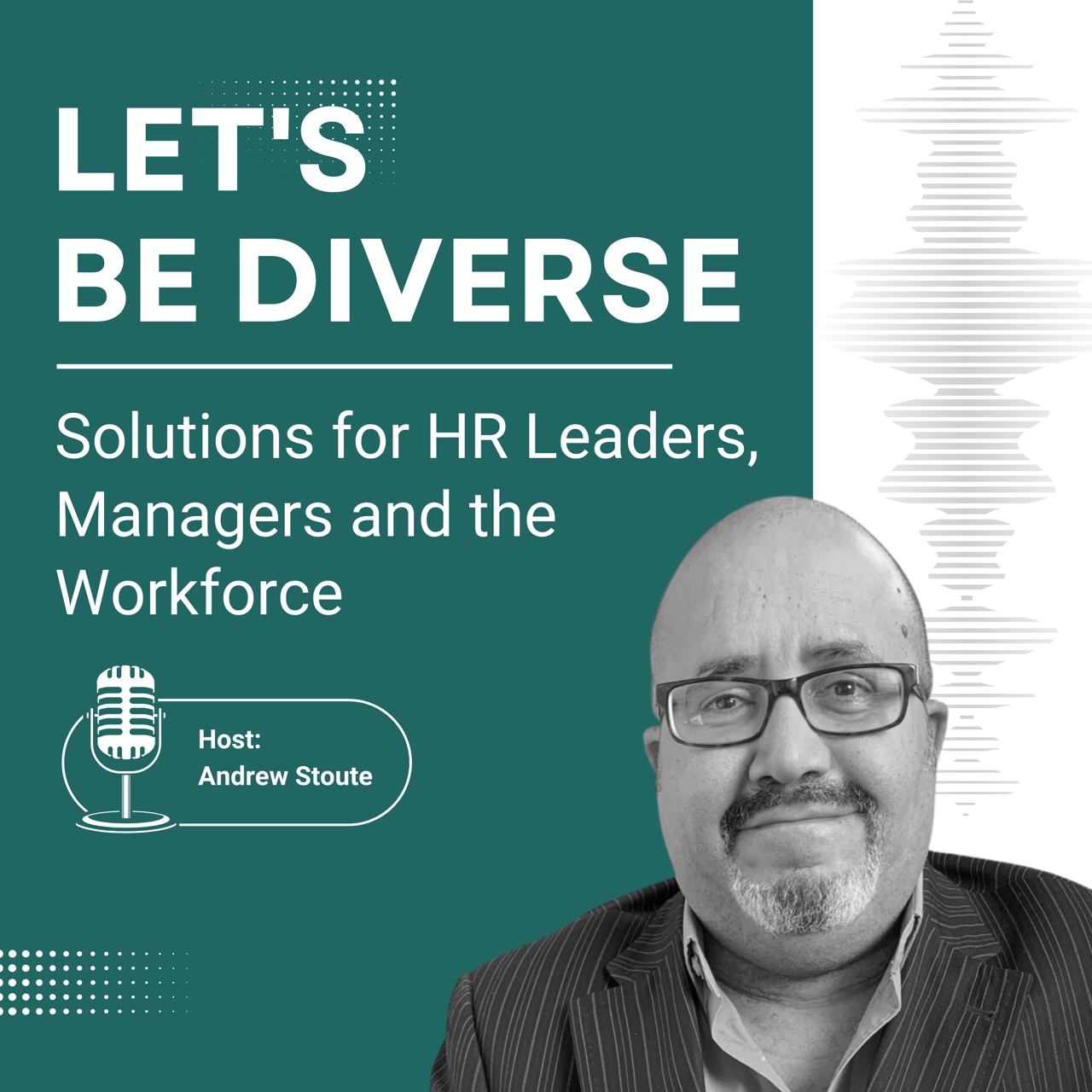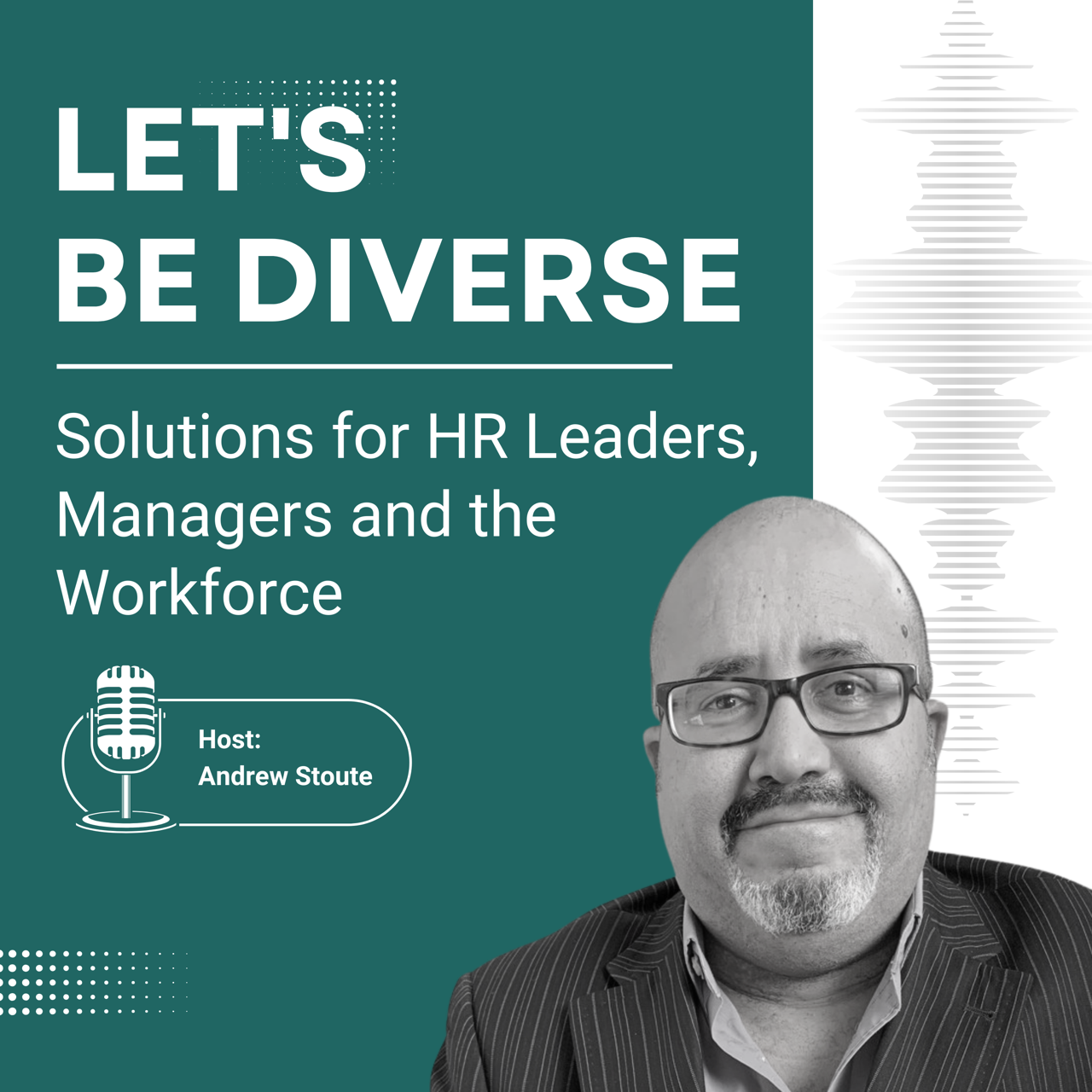Episode Transcript
[00:00:00] Speaker A: Opinions expressed in this episode are personal. They do not necessarily reflect the views of this streaming platform.
[00:00:09] Speaker B: Hello, wonderful people. Welcome to another edition of let's Be Diverse. I am your host, Andrew Stout. This episode is dedicated to all my loved ones who supported me through this journey. Those who have left us will always be deep in our hearts and will never be forgotten. I'm so excited bringing you our second solo episode.
Now, to those who have been following me from the beginning, you know that when I first started let's Be Diverse, I kicked things off with a solo episode. That episode was just me, a mic, and a personal message about who I am.
But since then, I've had the opportunity of hosting some of the most incredible guests.
They were amazing leaders, change makers, creatives, and some of them I just absolutely admire.
But today, we're bringing it back to where it all began.
So, no guests. It's just you, me, and one important message. So I'm excited to spend some time with you all. Today we're talking about something that I believe is at the heart of inclusive and effective leadership. And you guessed it, it's rapport building.
Now, if you've ever worked with someone who just got it, someone who made it easy to be yourself, gave you the ability to speak up, someone you could trust, then you know what I mean. But here's the one thing. Rapport doesn't just happen. It's built intentionally and for leaders. I firmly believe it's not just a nice have, it's a must have. So today, I want to unpack what rapport building really means to me, why I feel it matters so deeply in leadership. And I'm going to share a story about my own career, one where storytelling became a surprising bridge to connection and trust.
So let's dive in.
So what is rapport building, and why does it matter?
Rapport is more than small talk or being liked. It's about trust, mutual respect, and emotional connection.
So when you have rapport with someone, conversations just actually flow easier. People feel safer, especially in their environment. They're more open and more willing to follow your lead. Not because they have to, but because they simply want to.
And in leadership, that changes everything. It boosts collaboration, sparks creativity, and fosters loyalty.
So when people feel seen, heard, valued and understood, they bring their absolute best.
The science and emotion behind rapport.
Here's what's interesting. We all know when people have a seat at the table, their brains literally function better.
People are more innovative, creative, more resilient, and more communicative. Rapport simply brings that Safety. It softens power dynamics, and it breaks down fear.
And you know what? It actually humanizes leadership.
And let's be real, no one wants to follow someone who feels out of reach. They want to follow someone who connects. Now, here's a story from my career. One where I learned just how powerful storytelling can be and rapport building as a leader.
So I was leading a training session for a group of new hires and talented individuals from all kinds of backgrounds. But the room just simply felt stiff. No one was really engaging.
It was just basically simply nods and polite silence.
And I could have just powered through the slides and called it a day, but something told me I needed to switch it up.
And so I did.
I closed the laptop, stepped to the front of the room and said, let me tell you about the first time I completely failed in my role. All of a sudden, head snapped up, eyes focused. The conversation was engaged. I told a story. Not about my success, but the time I got it wrong. A time I made assumptions and a time I didn't listen. And how that mistake shaped me into the leader that I am now.
And you know what happened, everyone? The room changed.
Shoulders relaxed. People started asking questions. They shared their stories about nerves, imposter syndrome, ambition, burnout.
Just real vulnerable stuff.
It wasn't the PowerPoint that built that connection. It was the vulnerability in that story.
From that moment on, we weren't just in a training session. We were building a relationship.
And that experience reminded me that rapport doesn't just come from titles or credentials. It comes from being human, being honest, and being willing to meet people where they are. So how do you build rapport as a leader? Especially when you're busy and leading large teams?
So here's a few practices that I've learned throughout my career.
Leading with curiosity, not judgment.
So ask people about their story and actually take the time to listen to it.
Use storytelling to show who you are and what you do.
Create consistent moments of connection. So that includes check ins, one on ones. You're going to be surprised here. Meet and greets, even simple, casual conversations go a long way.
Acknowledge what's unspoken. If the energy in the room feels off, name it gently. That openness is going to build trust and be relatable. You can be respected and real at the same time. I know that's very hard for some people to believe, but it is actually true. So at the end of the day, leadership is a relationship. A rapport is the bridge. So when people are connected with you, they're more engaged, more honest, and more likely to grow with you or even to work with you. And sometimes the fastest way to build that bridge isn't through authority, it's actually through story, through presence, and through humanity. So if you're in a leadership role or growing into one, ask yourself this question.
How am I building rapport today? And how am I making a space for connection, not correction? Because when you lead with rapport, you don't just lead better, you actually lead deeper. Thanks for being here today. If this episode resonated with you, send it to someone you lead or someone who leads you. Let's keep this conversation going and if you got your own rapport building story, I'd love to hear it. Message me, Tag the podcast or leave a review. We grow by learning from each other. Until next time, be safe everyone. And remember that if we all work together, we can accomplish anything you have been listening to.
[00:06:35] Speaker A: Let's Be Diverse with Andrew Stout to stay up to date with future content, hit Subscribe.


